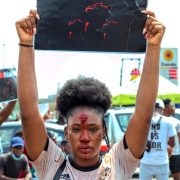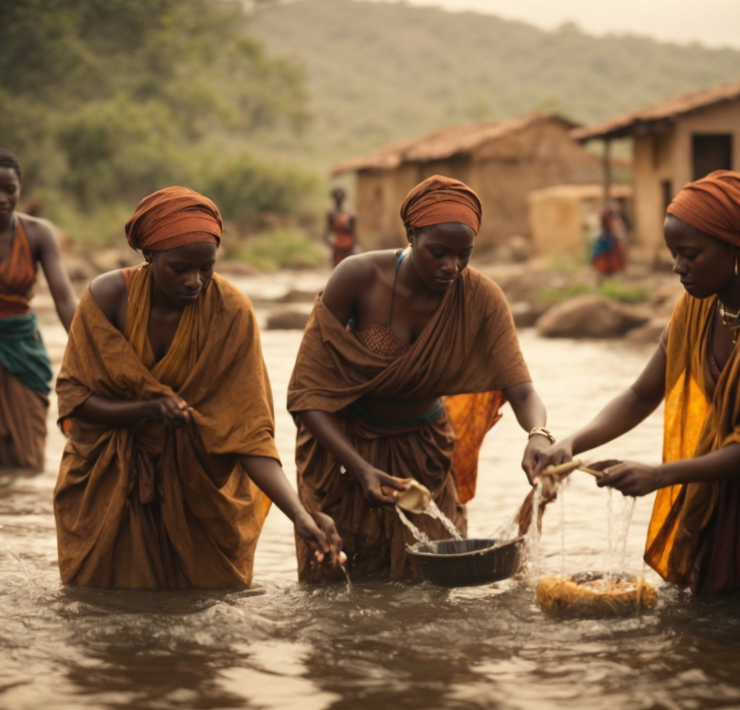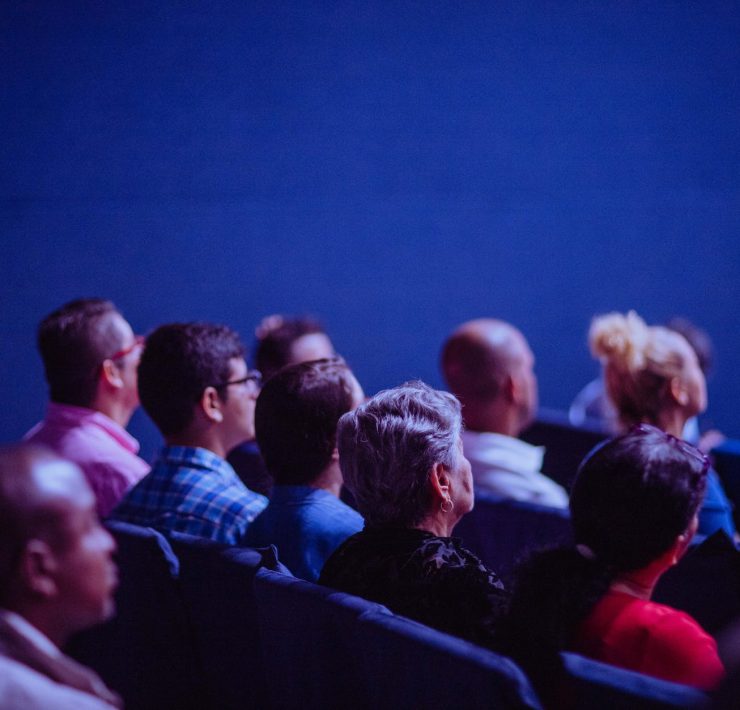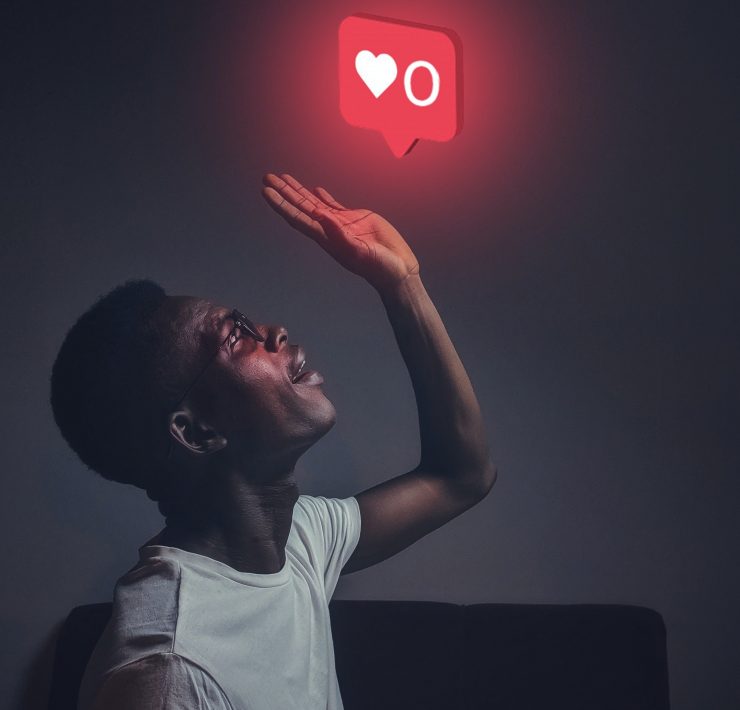Changing the African Perspective
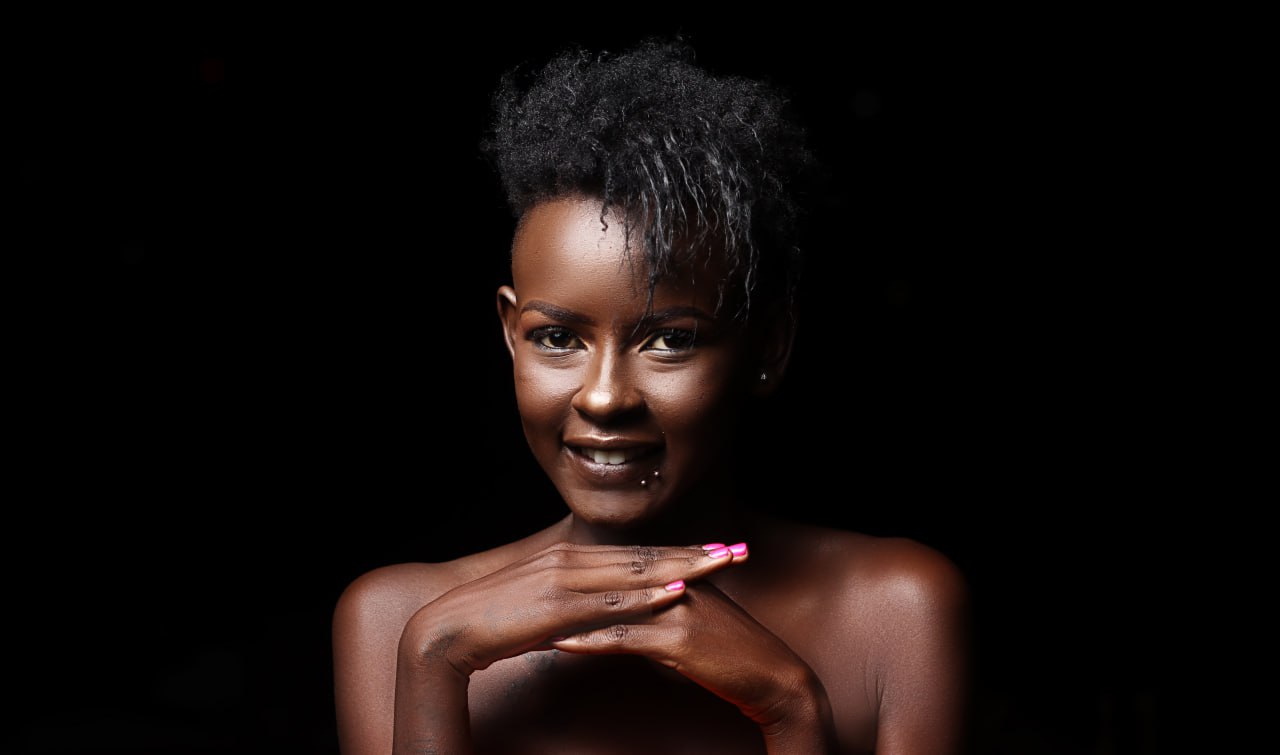
Samuel Phillips is a writer, graphic designer, photographer, songwriter, singer…
The internet is loaded with African content creators creating content around the concept of “decolonization of the African mind”. Much of what they say sometimes just sounds like people trying very hard to sound intelligent and convincing, but lacking real depth or even personal conviction of what they are talking about. It’s interesting, though, that much of such content creators try to tell their side of the story of why Africa is where it is right now through blaming colonialism and the after-effects of colonialism.
They talk about how Africans don’t do what is needed for the growth of the continent because their minds have been programmed by the effects of colonialism, and thus they need their minds decolonized. Some even claim that the problem with Africa is religion and the so-called brainwashing of Africans by religion and foreign religious principles. (They mostly point their fingers at Christianity and Islam).
I find that very strange, though, because most of them who make these claims about religion love to spend their holidays in Dubai, which is a Muslim nation and built by Muslims.
They love to pose for selfies beside the fine cars and the beautiful architecture in Dubai. And when an accident happens or when they find themselves in a very precarious life-and-death situation, they don’t remember the names of their African ancestors, they call the name Jesus. I find such hypocrisy interesting.
It kind of makes me think that we Africans like to expend our energies on what we call the problem of Africa and the so-called solutions from a perspective that says someone else is at fault and thus needs to change, instead of asking, what do I have to change in myself to make Africa work?
I think we have over-flogged the issue of colonization or the issue of what was done to Africa by Europeans, and we now need to look inward and then “move forward” with new perspectives about how we can genuinely make Africa a better home for all. We need to take a critical look at our personal and general outlook on the African narrative and how such narratives are informed by our perception of Africanism or what we think makes us Africans.
First, to think that anything that is genuinely African must be anti-Europe or anti-Asia is nothing but stupidity. Ancient Africans traded with merchants from Spain (Europe), Chinese merchants (Asia), and merchants from other parts of the world. The perspective around our Africanness was different then, and so was the interaction. There was no concept of ‘superior white” or “inferior black” and thus no need to look behind your shoulders to see if someone thought you were a monkey dressed in a garment. It was just about people of different racial backgrounds interacting and trading. But now that we find ourselves in a systemic situation that was put in place intentionally to create a “superior white” and “inferior black” narrative, what must we do to take off that false garment and take up our real identity? The blame game definitely will not be one of the solutions.
Second, a good portion of those making this content about “decolonization of the African mind” do so from outside of the continent. They don’t even have a first-hand experience of what it feels like to live on the continent or what the various aspects of what make up the African reality. And I get it, a person can only speak on how things affect them in their local environment and not necessarily from how it affects the global community. But as Africans suffering the same systemic issues globally, we need to shift our perspectives about the African problems from a localized aspect to a global one that allows us to build a critical mass for the change that we so desire.
I am not against them, though, at least they are contributing in one way or the other to changing the African narrative. But I do frown upon anyone who thinks because they read books about Africa then they suddenly have the right to dictate to an African born on the continent what being an African means.
Changing the African perception
How we think is as important as what we think, and a man is just the sum-total of his thoughts. And this is real. Our thought life is informed largely by how we perceive things both in the natural and in the spirit.
In the world of branding, perception is key in how we bring our creativity before people in the form of products or services. Perception is reality, and reality creates cultures. The way we present ourselves as Africans directly influences how others perceive our value. If we create this perception that all we do is cast blame on others while not taking responsibility for our own misbehaviors, then no one will take us seriously when we speak of changing Africa. Why? Changing Africa does not begin with a street protest, it begins in the mind of the individual African.
The African brand isn’t just what you say, wear, or tell a story about—it’s what we emit like fragrance and what people perceive because it’s part of who we are. But this perception must be carried with grace using all aspects of our lives as Africans.
I guess I am thinking that we need to include the subjects of “Self-Growth, High Perceptive Mindsets, Awareness, Mindfulness,” and such great philosophies into our school curriculum. The African fight now should not be about beating Europe, America, or the Chinese in infrastructure or the new AI technology race. That race was lost a long time ago, or let me say, should be cast aside. Why? He who can see should know that our planet is in such a precarious state because of the effects of those same unchecked infrastructures that we are fighting to catch up with. Meaning there must be something else that Africans must spend their attention on and which constantly factors in Africa’s culture of life.
What about if we, as Africans, were the pioneers of a new earth whose megacities are not built with cement that is notorious for creating 37% of global greenhouse gas emissions, but built with nature, the environment, and biodiversity in mind? This was the way of ancient Africans who knew that African spirituality is not just some Shamanism, but how everything on earth fits with everything within the human spectrum. And all dwell in harmony within itself, enabling life to form and also expand.
We have always been pioneers of healthy living and a healthy environment. Why should this not be our pursuit for a world that is dead bent on killing itself with unhealthy infrastructures and destructive technologies?
We need to adjust how we view ourselves and our role in the overall global management, and we have historical antecedents that support the fact that we are able to live better than how we are living now. So, let’s go for it.
The Africans who must walk away from the ideas of colonization and its poison must be ready to tread on new grounds and also create new mindsets and perceptions about the world around them, about themselves, and then about the destination that they want to arrive at. Nothing goes up by itself without a push, and nothing comes down without a pull. How we perceive life and the many concepts found in life is really what makes the difference.
So, let’s keep creating, let’s keep breaking the barriers, and let’s keep making the African identity proud.
What's Your Reaction?
Samuel Phillips is a writer, graphic designer, photographer, songwriter, singer and a lover of God. As an Afrikan content creator, he is passionate about creating a better image and positive narrative about Afrika and Afrikans. He is a true Afrikan who believes that the true potential of Afrika and Afrikans can manifest through God and accurate collaborations between Afrikans. Afrika is the land of kings, emperors, original wisdom, ancient civilizations, great men and women and not some road-side-aid-begging poor third world continent that the world finds joy in undermining.








